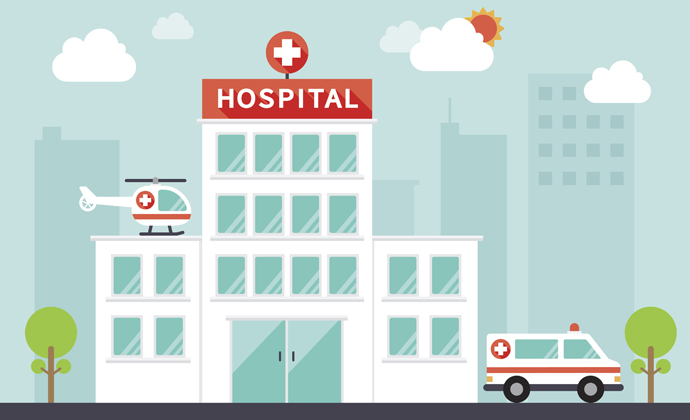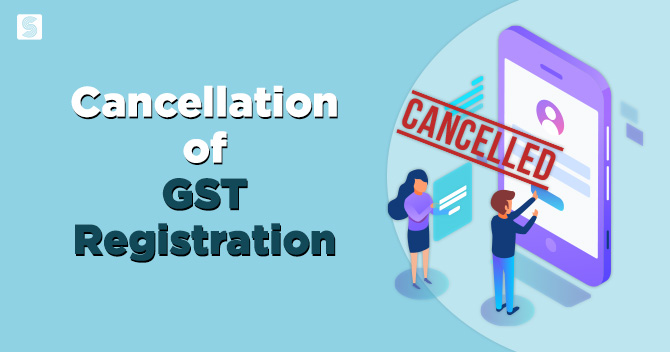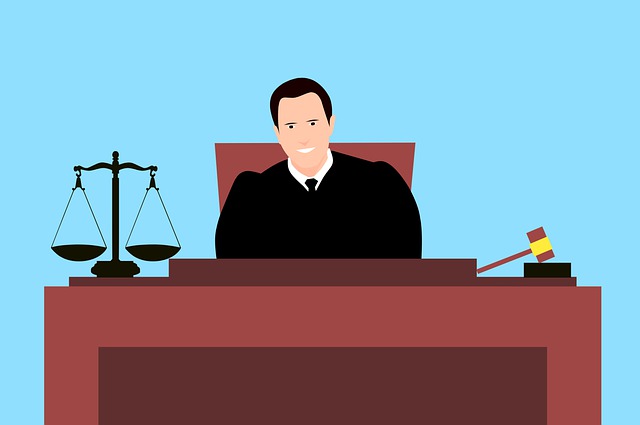As per entry No. 74 of Notification No. 12/ 2017- Central Tax (Rate) dated 28.06.2017, supply of health care services provided by a clinical establishment is exempt from levy of GST. As the output services of clinical establishments including hospitals are exempt , they cannot avail input tax credit (ITC) in light of provisions of Section 17(2) of the CGST Act, 2017 read with Rule 42 and 43 of the CGST Rules,2017.
However in cases where the hospital is selling the medicines / food etc independently of the treatment / health care services , such supplies will be taxable and corresponding input tax credit can also be availed.
In regard to availing of input tax credit by hospitals there is a recent ruling of the Karnataka Authority of Advance Ruling (AAR) in the case of M/s Ambara which is being discussed as under:
Facts of the case:
- The applicant, M/s Ambara is a partnership firm registered under the provisions of the Goods and Services Act, 2017.
- The applicant is engaged in the business of providing health care services and also run a Hospital in the name of CURA Hospital.
- The applicant provides the services relating to Health Care Services which are in the nature of diagnostic and treatment services.
Issues on which ruling was sought:
The applicant sought advance ruling on following issues:
1. Whether input tax credit is required to be restricted on medicines supplied to patients admitted in hospital.
2.Whether input tax credit is required to be restricted on medicines supplied to patients treated as out-patients.
3. Whether input tax credit is required to be restricted on medicines supplied to other than inpatients and out-patients. .
4.Whether input tax is required to be restricted on supply of food and beverages to the patients admitted in hospital.
Order of AAR – Deliberation and Ruling on ITC by hospitals:
- The patients get admitted to the hospital and becomes inpatients for the treatment of the ailment. The patient does not have any choice of medicines that are being administered and the only thing the patent is interested in is the treatment provided for the ailment. Any medicines which are administered to the patient are part of treatment services and there is no separate supply of medicines to the patients.
- The supply of medicines is not a distinct supply and the medicines are consumed in the course of supply of treatment services and hence would not constitute a ‘composite supply’.
- Supply of health care services provided by a clinical establishment is exempt from levy of tax., thus the applicant is not eligible to claim the input tax paid on the inward supplies of medicines that are used for providing ‘health care services’ to the inpatients.
- In case of supply of medicines to outpatients from pharmacy counter being taxable, input tax credit relatable to taxable supply of medicines can be availed. However where applicant supplies medicines as part of health care services , no input tax credit can be availed on the taxes paid by the applicant on the inward supplies of such goods.
- Supply of medicines to the customers being taxable input tax credit can be availed , subject to any restrictions in Section 17 of the CGST Act.
- Supply of food and beverages to the inpatients is naturally bundled with the treatment service i.e. health care service, which is an exempted supply. Thus applicant can’t claim the input tax credit.
Based upon above deliberations the two-member bench of Dr. M.P. Ravi Prasad and Mashood ur Rehman Faruqooi ruled as under:
- The input tax credit is required to be restricted on medicines used in the supply of health care services provided to inpatients.
2. The input tax credit is required to be restricted on medicines used in the supply of health care services provided to outpatients. Further in case medicines are supplied independent of health care services, then the applicant is eligible to claim input tax credit subject to payment of taxes on such independent supply of medicines.
3. The input tax credit is not required to be restricted on medicines supplied to others i.e. customers, who are neither inpatients nor outpatients, as there is no health care services provided and is liable to pay tax on such outward supply of medicines.
4. The input tax credit is to be restricted on supply of food & beverages supplied to inpatients and is part of the health care services.
In regard to above it may be noted that the CBIC has also clarified vide Circular No. 32/06/2018-GST dated 12.02.2018 that food supplied to the in-patients as advised by the doctor/nutritionists is a part of composite supply of healthcare and not separately taxable. Other supplies of food by a hospital to patients (not admitted) or their attendants or visitors are taxable.
Concluding remarks:
The above ruling of AAR is on expected lines. The Tamilnadu AAR had also earlier in the case of M/S. Royal Care Speciality Hospital Ltd had held that the applicant is not eligible for the credit of tax paid on the Input services used exclusively for providing exempt services of health services to in patients such as laundry services used for in patients.
It was further held by Tamilnadu AAR that for Input services such as housekeeping, leasing of equipment used for both exempt supply of health services to in patients and taxable supply of medicines etc. to outpatients , the appropriate ITC eligible is determined by Rule 42 of the CGST Rules 2017 and TNSGST Rules as amended read with Section 17(2) of CGST/TNGST Act 2017.
Although not making any difference in the conclusion the Tamilnadu AAR has adjudged in above case that medicines , consumables and implants used in the course of providing health care services to in-patients by hospital is a composite supply, whereas Karnataka AAR has in latest case discussed supra held that supply of medicines is not a distinct supply and the medicines are consumed in the course of supply of treatment services and hence would not constitute a ‘composite supply’.
READ / DOWNLOAD ORDER:
***
[rainbow]Don’t miss the next GST Update / Article / Judicial pronouncement[/rainbow]
Subscribe to our newsletter from FREE to stay updated on GST Law
Resolve your GST queries from national level experts on GST free of cost.
Frah Saeed is a law graduate specializing in the core field of indirect taxes and is the Co-founder of taxwallah.com. She has authored many publications on GST and is into full-time consultancy on GST to big corporates. She as a part of taxwallah.com heads a team comprising of Chartered Accountants and Advocates and plays a key role in our mission to disseminate GST knowledge to all.




